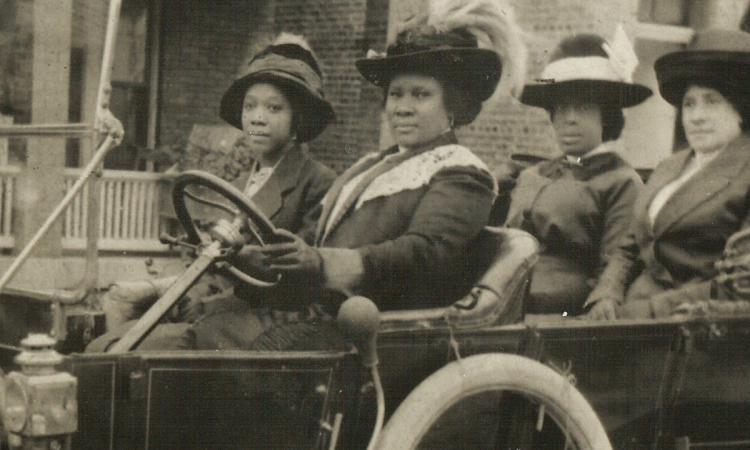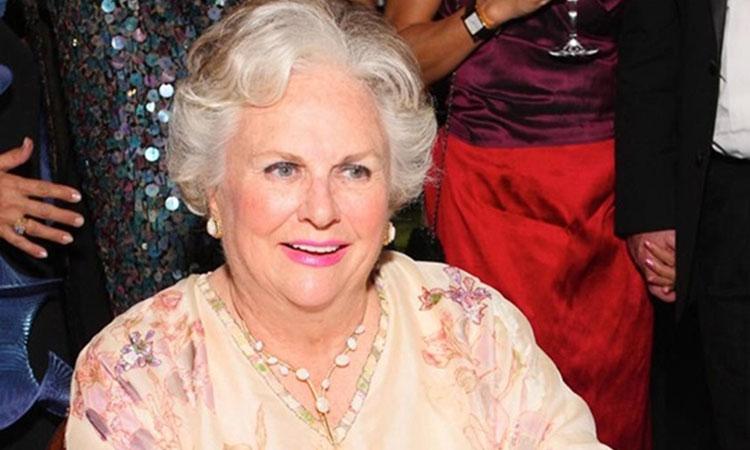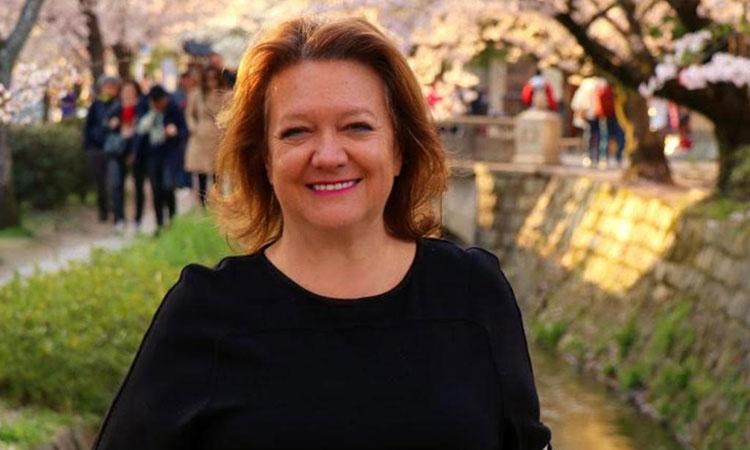As the discussion on race equality in the US has gripped the global headlines again, we bring you the marvelous story of Madam C. J. Walker. Recorded as the first female self-made millionaire in America in the Guinness Book of World Records, she was an American entrepreneur, philanthropist, and political and social activist who made her fortune by developing and marketing a line of cosmetics and hair care products for black women.
Christened Sarah Breedlove at her birth Madam Walker was the first child in her family born into freedom from slavery.
A new life for her when she decided to find a cure for her own hair loss. Her ailment would become the impetus for a large, multi-faceted, international company that sold hair care products—including an inventive vegetable shampoo that she developed—and that offered training to women both as hair stylists and as sales representatives.
Walker, then in her mid-20s, told others that she prayed for a way to heal her bald spots, and in a dream, she said, “a big, black man appeared to me and told me what to mix for my hair.” She experimented with formulas and settled on a new regimen of washing her hair more often and using a formula that combined a petroleum jelly-like balm, beeswax, copper sulfate, sulfur and perfume to hide the sulfur smell. Walker started her business by selling her formula door-to-door.
But success did not make madam Walker lose sight of her earlier hardships. She was quick to help the poor and to position herself as an activist, championing black rights. As her business grew, her philanthropic and political activism also surged. Shortly after arriving in Indianapolis, her $1,000 gift to the African-American YMCA garnered attention. Uneducated herself, Madam Walker made the support of African-American secondary schools and colleges, a prominent part of her generous donations, particularly in the South.
Financial success allowed Madam Walker to shatter societal norms and live in a mansion designed by an African-American architect, Vertner W. Tandy, in a wealthy New York City suburb. Her home, Villa Lewaro, is now a National Historic Landmark. By the end of Walker’s life in 1919, she would rank among the nation’s wealthiest self-made women of the era.


















